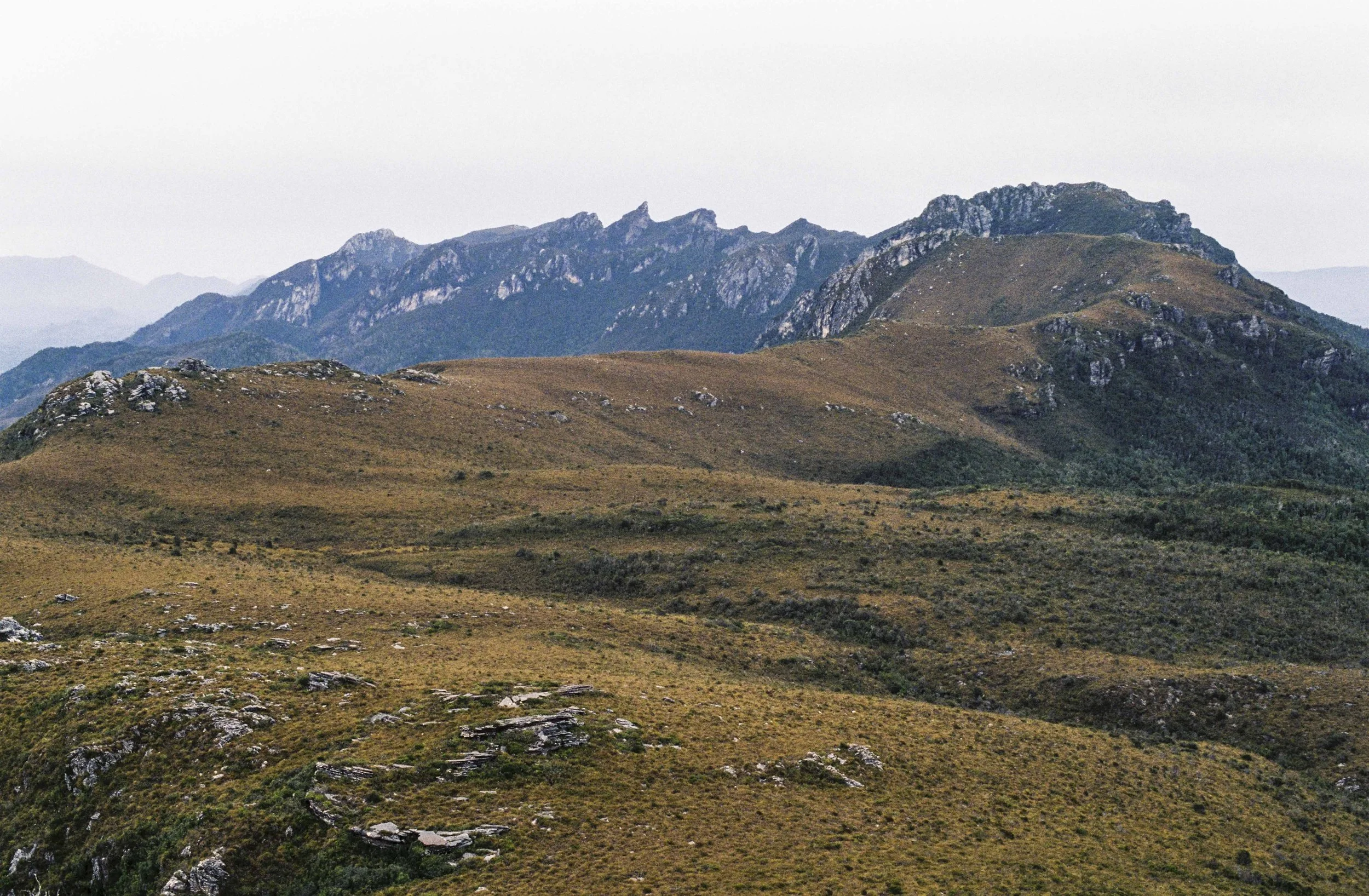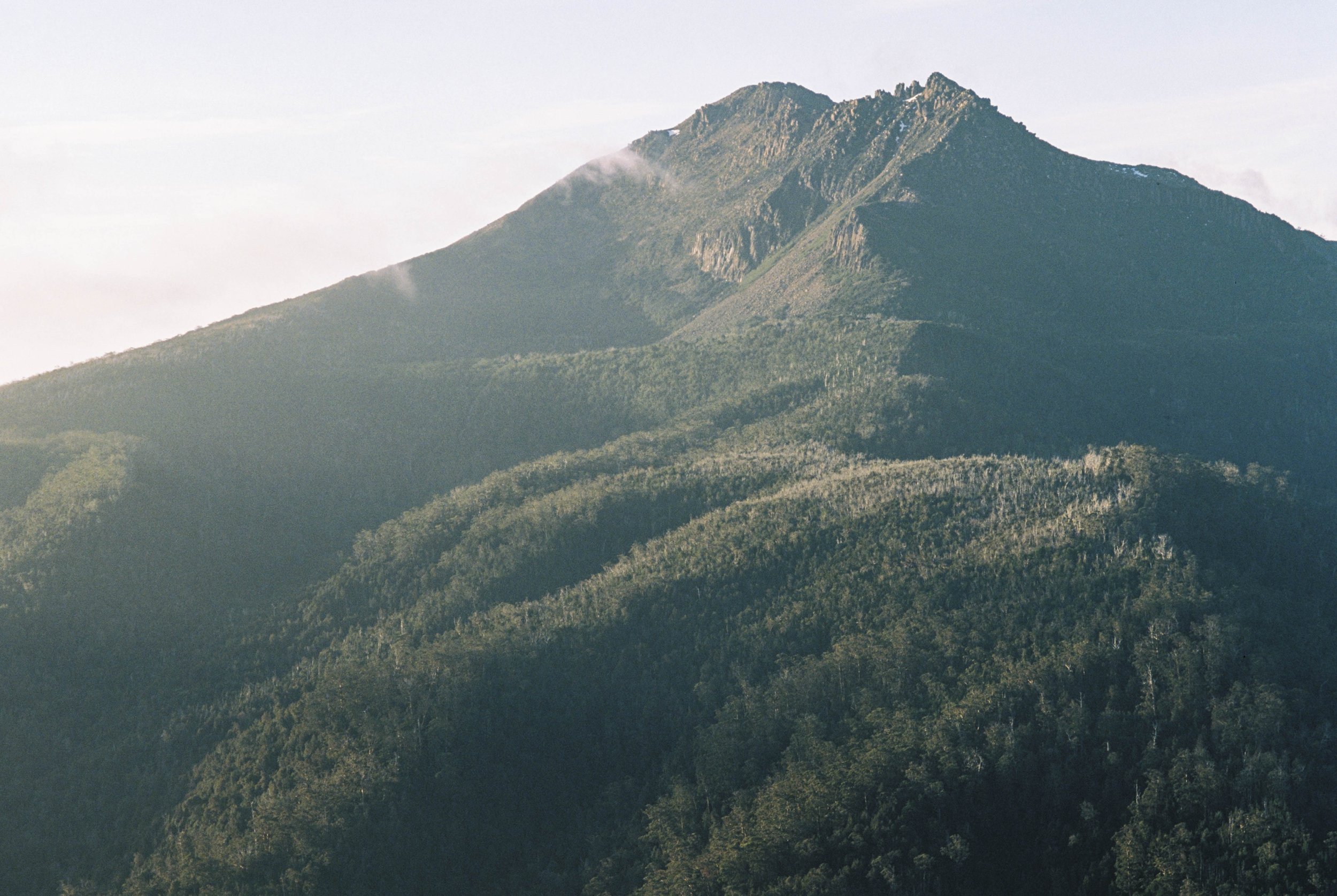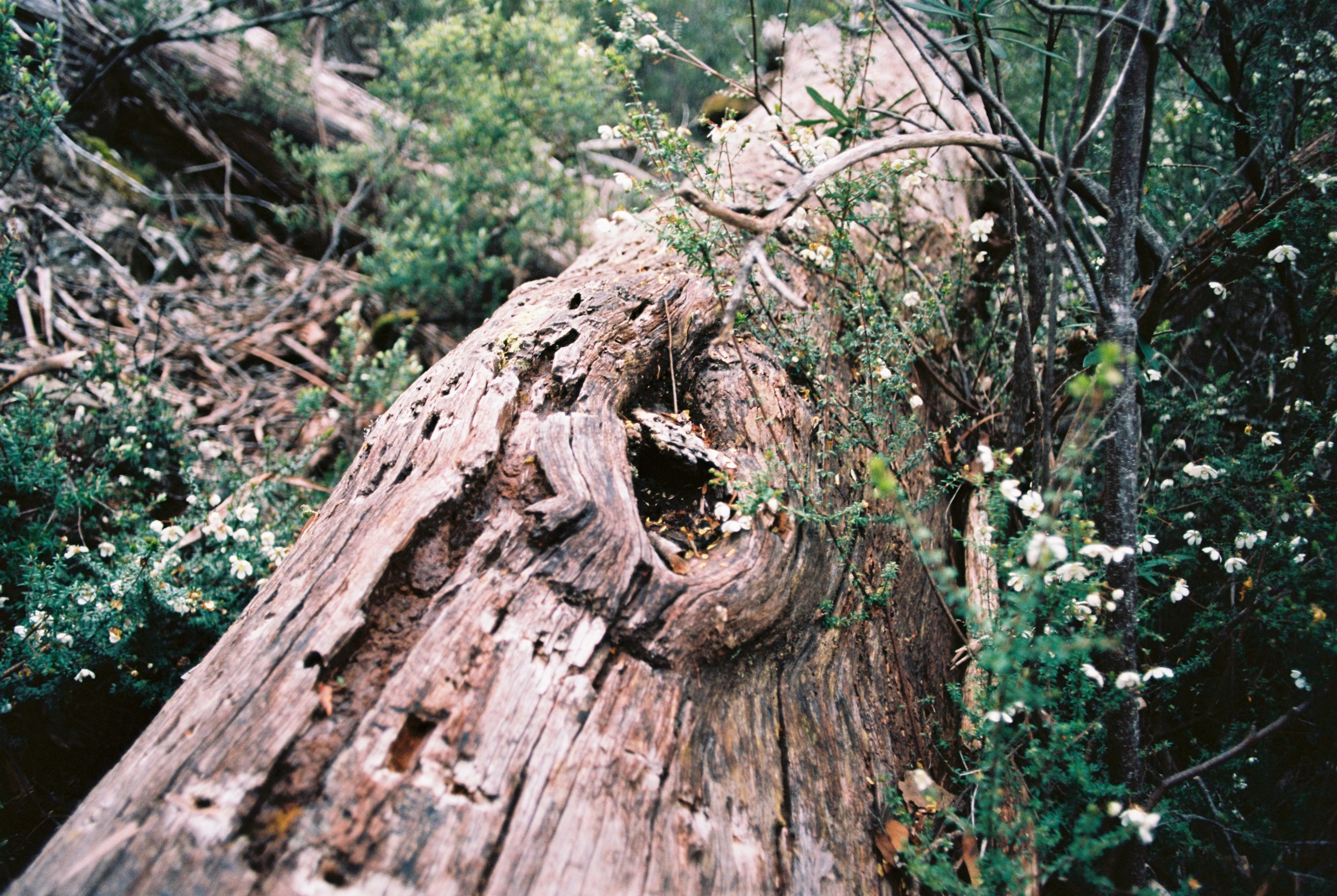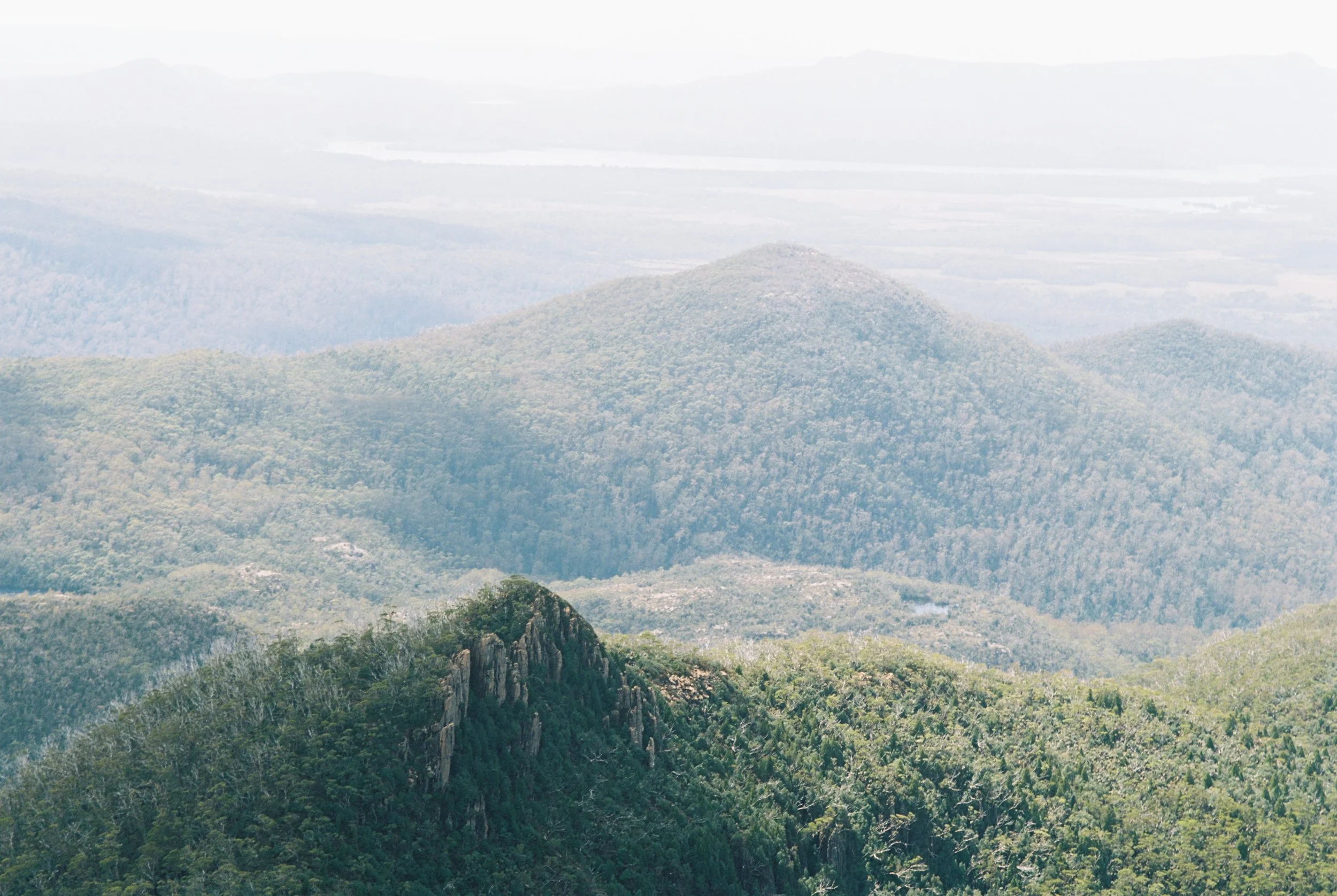"Away from technology and jacked up pleasures, the illusions of our thoughts are left behind and we begin to marvel at the simple beauty in life. We are struck blind by the rising sun, we are soothed by the breeze on a warm day and we marvel at the landscape that fills us with a deep sense of peace. In nature we find our redemption. The longer our stint in the wilderness, the more our awareness grows and we are able to adopt our true form, as a consciousness that is free and awake to make its own original decisions. Finally free of thought, we are free to start living.” -A.S. Australian Alps Journal, 2014.
There is a process that I tend to go through in the lead up to a solo wilderness excursion. It begins with the awakening of a strong desire to visit a place, to experience it first hand. It might be born out of a story I have heard, or a feature I have spotted on a map, or a photograph I have seen. The result is a growing resolution to visit the place, regardless of the effort required to reach it. Generally, the places I’m interested in visiting are well guarded. There are a series of obstacles, blocking the way.
My definition of what it means to go solo has evolved over the years. These days, when I say solo, I mean on my own, with no means of communicating with the outside world for the duration of the trip. This means no phone, no PLB, no GPS. If I’m heading out solo, I tend not to take any devices that could help me connect with my society, with my safety net. When I go out solo, I do not wish to be contactable, or wish to contact anyone while I’m out there. If something goes wrong, and I need help, there won’t be any help. I’ll be on my own. To me, this is what it means to be solo in the wilderness.
People tell me that their decision making is not altered by the presence of an emergency device they can set off and call for help. I’m not sure I believe them. Having a device with an SOS function alters the nature of the trip from the outset. A trip we may not be willing to undertake suddenly becomes feasible if we know that we can call for help in case things get out of hand and we are more likely to attempt something that is on the border of our comfort zone.
I would liken the scenario of a bushwalker taking or not taking a PLB to that of a climber who ascends a cliff with or without the a rope. If a climber knows they can fall and be caught by the rope, they are a lot more likely to attempt something that is likely to result in a fall. If certain death awaits in case they fall, the climber will only attempt something that they know they can climb a hundred times and succeed each time.
In other words, if there is a chance of rescue, I believe it is more likely that people will act in a way that will result in a rescue , and this is not necessarily going to be a conscious decision that one is aware of. I still admit that one is taking a bigger risk by not taking a device, however I do think the chance of needing a rescue increases by taking a communications device.
If you don’t want a rescue, preparation is the key.
If I prepare well, each and every time, then I will return, each and every time. Unless of course, something very unlikely happens. But then, something very unlikely could happen on any day of my given life.
I’ve been told I have an ego. So does everyone. It’s part of the human condition. Perhaps my ego is bigger than some other people’s out there. But I’m not so arrogant to think that I cannot make a stupid mistake out in the bush one day that could cost my life. I understand that I take more risk by not taking communications. I don’t pretend I don’t. But I go out accepting the consequences of this conscious decision.
Why bother? Why take the extra risk? Why not just take a device out of consideration for the people whom I love and who love me? Why not take a device out of consideration for a potential search and rescue party?
I’m not sure I can provide a sufficient answer. I understand that my decision not to take a device can appear to be reckless, selfish and unnecessary. But there is a reason why I do it.
I want to experience solitude in nature. I believe that this is what allows us to develop into a fully functioning social creature. It seems paradoxical, and yet I have found this to be true.
I plan my trips with the premise of a return. Before I head out, I learn my escape routes, along every section of my overall route. I have bailed off scrubby ridgelines, I have swum rivers with big packs, and I’ve learnt how to wriggle through the scrub like an overweight wombat. I always take extra food and allow extra time for my return before an overdue alarm may be set off by my emergency contact who has my route intentions.
In order to return, each and every time, I have had to learn how to pay attention to my surroundings. This is the art of navigation. I’ve learnt it the hard way, on my own, by getting lost in the bush, time and time again. People think a compass or a GPS will save them if they get lost. The reality is, being lost is a state where we have lost track of our surroundings and our orientation in them. If I am able to pay continuous attention to the landmarks surrounding me, or if no landmarks are visible, but I can keep track of my rate of progress and direction, then I will always know exactly where I am.
Being lost is a state of mind, not something that happens by accident. Being solo in the bush means I am less likely to get lost, because I have less distractions from paying attention to my surroundings than if I was walking with a bunch of my friends and we were chatting en route. Unfortunately, this also means that if my concentrations does lapse, I don’t have anyone else to blame if I do get lost. But at the end of the day, if I can pitch my tent and make myself a cup of tea, then everything will be absolutely fine. Even if I’m not quite sure exactly where the heck I am.
I have never learnt how to use a gps, and don’t intend to start learning now, or ever. I tend to take a printed map put into a waterproof case, and a compass. The map is secondary to a compass, if one is familiar enough with the landscape. All we really need out there is a foolproof sense of direction, no matter the conditions. And this is where a compass becomes necessary. No matter how accomplished a navigator one is, everyone is prone to getting disorientated in the bush, in the fog and in the scrub.
I’ve learnt that some places in Tasmania fool with the compass needle significantly. Lightning strikes on dolerite ridgelines can magnetise the rock and therefore trick the needle by up to 90 degrees, for many years after the event. But generally speaking, if we have a compass, and we have enough food and water and appropriate equipment to keep going in the right direction, for as long as we need to, then we will always be able to find our way back home. As long as we have the stamina and the skills required to keep going.
One day, I’d like to know the Tasmanian landscape well enough to be go anywhere on this island simply with a compass, without the assistance of any maps. This is my long term bushwalking goal.
I find that the greatest trips have the greatest obstacles near the end. I like to keep a bit of the suspense till the very end. Achieving the objective of an adventurous trip is not a given. Each trip usually has a crux, or most difficult part, a natural bottleneck, that forces us to act with skills we didn’t know we had. A worthwhile trip is one where we are required to perform something we have never performed before. And by doing so, we prove to ourself that we are capable.
In order to return from the wilderness, we must know our way home, and have a strong enough reason to return to it. That’s the key to coming back.
If we have done our solo trip right, we will come back feeling better than when we left. This might mean that we are as filthy as the seven whips of hell, and as tired as an ox that has dragged a seven tonne boulder for seven miles, but we are elated nevertheless, for we have grown in many ways which we previously thought impossible.
-A.S









